Administrator
DC Sustainable Energy Utility (DCSEU)
Program name
Low Income Multifamily Custom Program (LI MF Custom)
Program summary
The Low Income Multifamily Custom Program provides custom technical services and incentives for energy efficiency improvements to large, low-income projects (qualified multifamily, shelters, and clinics) specifically, new construction, substantial renovation, and redevelopment housing.
Applicable building size
Four or more residential units, no square footage baseline
Opportunity
ECMs include heating and cooling systems, in-unit and common area lighting, appliances, controls, thermostats, ventilation fans, domestic hot water systems, and low-flow water fixtures.
Funding
- Incentive/funding details. Incentives determined on estimated savings and low-income DCSEU yields ($/MWh and $/MMBtu).
- Contract structure. DCSEU and client/customer enter an incentive agreement based upon estimated savings for evaluated ECMs. Post-work inspection is conducted by DCSEU to verify measures were installed and are functioning as intended.
- Amount (max, min, average). Based on program budget, no specific figures are associated with this program. However, the DCSEU must spend 20% of its annual budget in the low-income space (~$3-4 million per year, total).
- Simple payback. Yes, estimate possible by request after scope of work (SOW) has been shared.
- Tax and balance sheet. Taxable; W9 is required by the DCSEU for payment.
- Pairing with other sources. The DCSEU incentive is intended to offset the incremental cost of purchasing more-efficient equipment and does not prohibit the use of other forms of project financing (e.g. DC Green Bank, DC PACE, traditional loan, self funding).
Process
- When in the project process an application should be started/completed. Ideally the DCSEU works with the client during the design phase to influence, guide, and advise for the most energy-efficient measures to be taken. However, the DCSEU can get involved during any phase of a project, while providing engineering/technical assistance and support to help the client achieve maximum energy and cost savings.
- Level of effort required. An official audit is not required, but customers must share project scope of work (SOW), any vendor estimates of savings or energy models, and also have discussions with the DCSEU to inform energy savings estimate calculations. Invoices are normally required, as well as an inspection after equipment has been installed to confirm installation.
- Length of time to receive funding. Once all documentation is submitted, inspection is completed and the DCSEU Finance team has reviewed/approved, within 30 days.
- Contractor requirements. No contractor requirements as customer chooses contractor.
Additional information
- Advantages. Higher-than-market rate incentives available for qualified low-income multifamily, shelters, and clinics
- Disadvantages. Buildings must qualify as “low income” per DCSEU requirements.
- Ownership types or organizations are best suited for the program. Owners and managers of qualified low-income multifamily housing, shelters, and clinics that are electric and/or natural gas utility ratepayers in the District of Columbia.
- Program fit for customer. Owners and managers of low-income multifamily housing, clinics, or shelters seeking technical assistance and financial incentives beyond the capabilities of customer’s staff. Good choice for new construction, major renovation, and system retrofit projects.
Take action
Contact DCSEU at info@dcseu.com or (202) 479-2222

